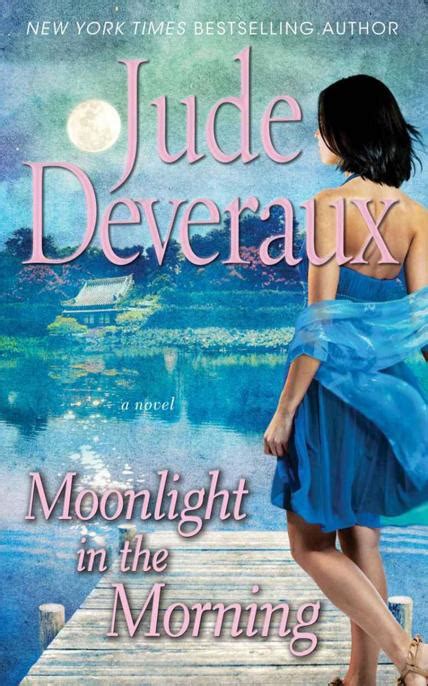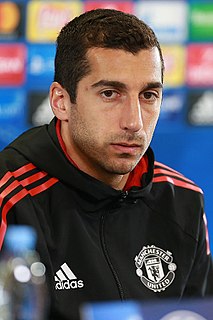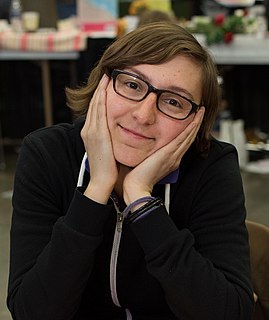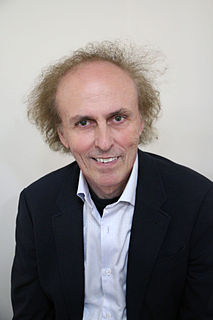A Quote by John Green
I don't think we should see the world of books as fundamentally separate from the world of the Internet. Yes, the Internet contains a lot of videos of squirrels riding skateboards, but it can also be a place that facilitates big conversations about books.
Related Quotes
The Internet goes doot-doot-doot - it goes sideways. There's nothing hierarchical about it. And the best thing about it is also the worst thing about it, which is there are no gatekeepers on the Internet. Consequently, there's a whole lot of bad information on the Internet. But I think that sorts itself out over time.
I think that the Internet is going to effect the most profound change on the entertainment industries combined. And we're all gonna be tuning into the most popular Internet show in the world, which will be coming from some place in Des Moines. We're all gonna lose our jobs. We're all gonna be on the Internet trying to find an audience.
I love knowing and learning about people around the world displaying my art online. Also, it's how I learn about new artists that are in various parts of the world. The positive thing about Tumblr and Instagram is that they're a fantastic platform for art lovers. I also like, when I search for my art and it says, "see also or related artists," and I see those other artists that relate to me, at least according to the internet. I think it's fascinating - it's interesting to see hashtags people are using in relation to my work. It's another tool of communication.
Everyone should be concerned about Internet anarchy in which anybody can pretend to be anybody else, unless something is done to stop it. If hoaxes like this go unchecked, who can believe anything they see on the Internet? What good would the Internet be then? If the people who control Internet web sites do not do anything, is that not an open invitation for government to step in? And does anybody want politicians to control what can go on the Internet?



































